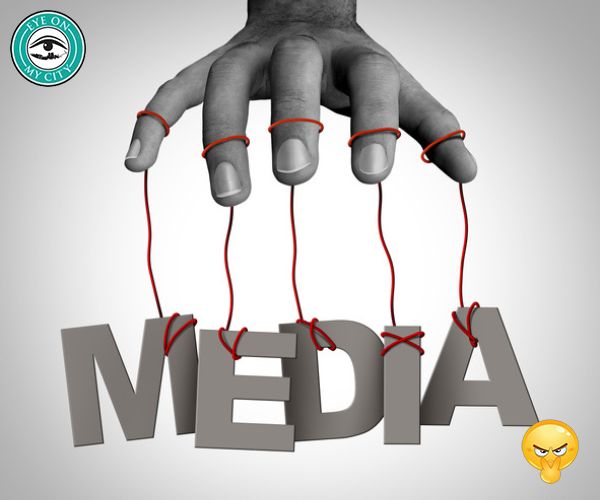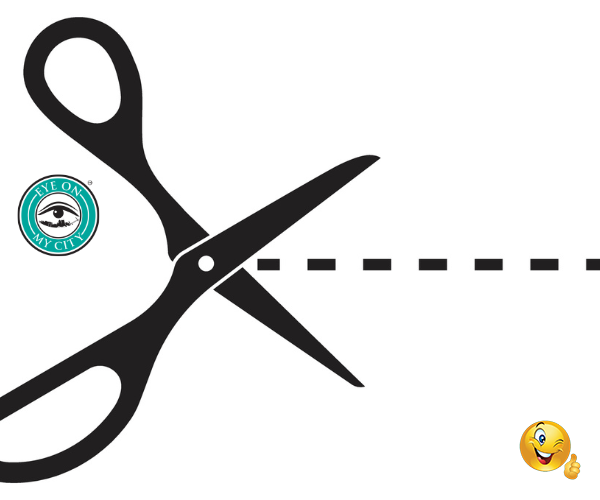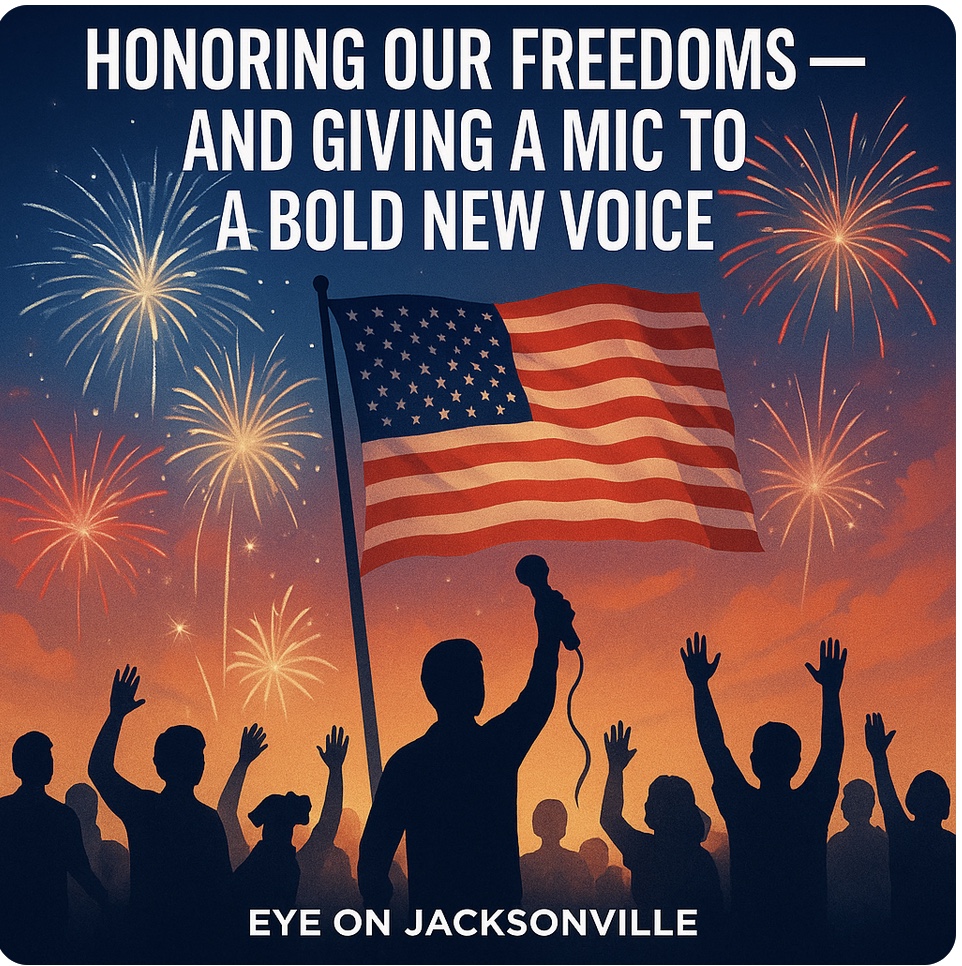Sometime around 1967, the Jacksonville Police Department assigned Sgt. J.T. Lowe to be its first public information officer.
I was a police reporter and Lowe asked how he could help me get information.
I told him I would call him if I needed help but I didn’t anticipate having any problem.
For years before that I had experienced no problem. Neither did any other reporter in town. The police and the Sheriff’s Office were completely open and accessible.
My day started at 7 a.m. when I knocked on the door of the county jail. They let me in and I went to the docket desk to read the docket containing the names of people booked the previous night and the charges.
After that I went to the detective division of the sheriff, talked to the deputies coming off the night shift and read their offense reports.
Then I went to the city police headquarters and did the same routine, and also talked with detectives about cases they were working on.
Then I sat at a desk and used a typewriter the police provided for the press to write my stories that I would dictate to a rewrite man in my office by phone.
It never cost me one dime to obtain information for news stories.
Flash forward to today:
I can’t get in the county jail. If I wanted to see the booking docket I would have to file a public records request every day. They probably would charge me for providing this public record.
I can’t get in the Jacksonville Sheriff’s Office, either, or talk to anyone on the phone without going through the public information office. My most recent request to speak to someone about a routine matter was denied because I declined to submit questions in advance, the way the obsequious White House press corps does for the Biden administration.
As I put it to them, “No detective walks into an interrogation room and hands the suspect a list of questions. Reporters work the same way.”
One obvious reason that doesn’t work is that an answer may provoke another question that is not on the list of authorized questions.
The rest of the local media presumably is treated the same. Even so, they pay the sheriff’s office thousands of dollars a year to get information via the three public information officers now at the JSO and its public records center, which advised Eye on Jacksonville that for fiscal year 2021, $303,619.49 was collected in the Police Reports account. (That account includes all public records requests, copies of police reports, and copies of accident reports.)
I would expect to see thundering editorials protesting this situation — but apparently no one writes editorials anymore. Opinion columns rule the day and most are standard liberal pap.
Sheriff T.K. Waters has promised transparency, and assured me personally at an event several weeks ago that he would be accessible and forthcoming.
I can’t even get him on the telephone without going through his Information Filtering Office. They gave him my phone number. He hasn’t called.
I was able to talk to Sheriff Dale Carson whenever I wanted. Also, Sheriff Jim McMillan. Also, Sheriff Nat Glover. Also, Sheriff John Rutherford. I only had occasion to talk to Sheriff Mike Williams once.
I was horrified recently to read a “news” story on the Web site of a local TV station. The headline essentially was the story, noting a “large police presence” in a Jacksonville neighborhood.
If I had turned in a fact-free story like that when I was a reporter for a local newspaper I would have been job hunting the next day. As he showed me the door, my city editor would have said, “Why didn’t you go to the scene and talk to people, you idiot?”
It isn’t just the sheriff. City Hall is in a shell also. Under the current administration, all information is filtered through a single person. Whether that will change July 1 with a new administration remains to be seen.
Maybe I’m old-fashioned. But I think the public got better, more accurate and more timely information before politicians started “helping” the media by strictly limiting their access to buildings, records and personnel.











3 responses to “Information filters hurt more than they help”
You were among the many reporters we worked with daily at the Sheriff’s Office. Shame on us, we did not ever consider “no comment”. When asked “What is going on,” we quickly responded with the facts. The Journal published 3 editions, with no blank spots for news we would not release.
Spot on. As noted in your story, the “news” was free for the asking. I was one of the former officers you and other reporters spoke with daily. The idea of “maximum disclosure of minimal information” was not part of our operational procedures.
Thanks for your comment!!